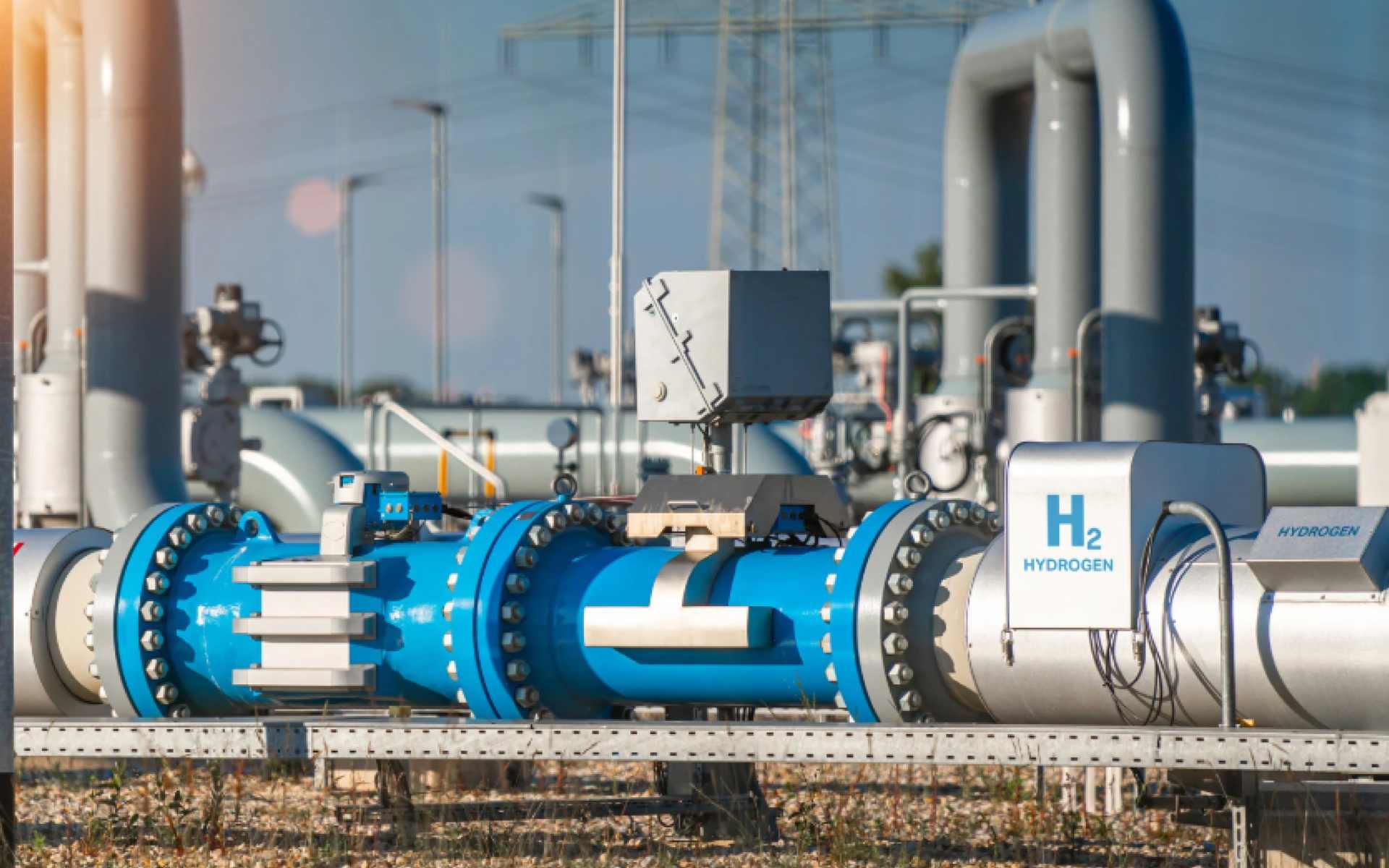
Algeria has embarked on an ambitious project to manufacture green hydrogen engines, marking a significant step in the country’s push towards sustainable energy.
According to Algérie Eco, the initiative, overseen by the Ministry of Higher Education and Scientific Research, aims to convert diesel engines in public transport buses into hydrogen-powered systems.
The project has two primary objectives. First, it seeks to reduce local energy consumption by nearly 31%, easing pressure on the national electricity grid. Second, it aims to cut carbon emissions generated by diesel fuel, supporting Algeria’s broader efforts to promote greener mobility.
Experts have hailed the initiative as a key milestone in modernizing public transportation while advancing sustainable energy solutions.
Beyond its environmental impact, the project is expected to strengthen scientific research in Algeria, foster the training of young engineers, and create new opportunities in the emerging clean technology sector.
“This project represents an important leap forward in integrating green technologies into everyday life,” said one industry analyst. “It has the potential to transform public transport, reduce pollution, and stimulate innovation in local research and development.”
The initiative also underscores Algeria’s ambition to establish itself as a leader in green innovation within Africa. While the continent is still developing in this field, initiatives such as this are vital in addressing climate change, advancing energy transition, and positioning Algeria competitively in the global market for sustainable technologies.
By focusing on hydrogen-powered transport, the country is exploring one of the most promising avenues for reducing dependency on fossil fuels, cutting greenhouse gas emissions, and promoting a cleaner urban environment.
If successful, the project could serve as a blueprint for other African nations seeking to implement green mobility solutions.
With this project, Algeria demonstrates its commitment to technological innovation, sustainable development, and climate-conscious policies, signaling a new era for public transportation and renewable energy in the Maghreb region.



